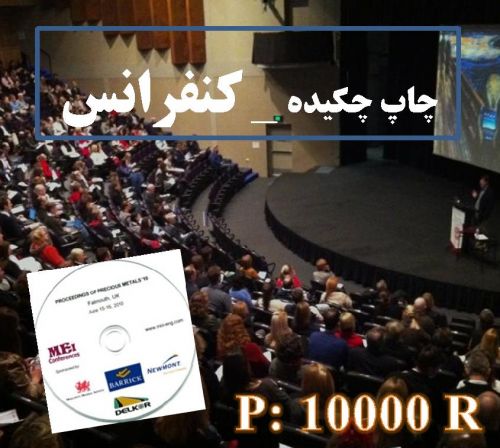Climate change is one of the most serious challenges facing society today and will be one of the major problems for future development. Furthermore, climate forecasts reveal that future climate will be significantly different and worse. These changes are expected to affect many economic sectors. Due to agricultural activity being climate-dependent, predicted climate changes pose a threat to agricultural production and local livelihoods worldwide. Studies show that without adaptation, climate change may create considerable problems related to agricultural production and agricultural economies and communities in many areas; but with adaptation, vulnerability can be reduced. Thus, research and advice is now focusing on developing ways of mitigating some of these impacts. Farmers are both among the most vulnerable groups to climate change and the ones on whom the task of adapting to climate change and mitigating the contribution of agriculture to it largely falls. As a result, avoiding this challenge requires farmers to adapt by making changes in farming and land management decisions that reduce the negative consequences associated with changing climate. However, if farmers do not believe that climate change is occurring and/or do not perceive it to be a threat to their livelihoods, they will likely not act to adapt to or to mitigate climate change. Clearly, to encourage adaptation, some exploration of how the farmer perceives climate change, and how he/she can contribute to adaptation, is required. The basis for this exploration will be the underlying perceptions farmers have of the impact of climate change. On the one hand, while the importance of understanding farmers’ responses to climate change is recognized, it is also important to understand that very little research effort has been focused on this area. On the other hand, there is a growing body of literature that recognizes the heterogeneity present within farmer attitudes. Therefore, a more parsimonious approach for policymakers is to recognize that farmers can be classified into distinct groups. This allows for more cost-effective targeting of farmers for information and policy initiatives. Therefore, a crucial step to encouraging adoption of best practice techniques and technologies is to characterize these types and their responses to climate change issues. This paper presents a typology of Iranian farmers derived from Q-methodology on the perception, attitudes, values, and behaviors regarding climate change-related issues in Iran. The goal of this Q-methodology study was to identify farmers’ perceptions of the concept of climate change and also its causes and effects in Hamidieh County, in southern Iran. Based on an in-depth literature review regarding climate change and interviews with local farmers and agricultural specialists we constructed a concourse of 140 statements. Then, in two different phases, which included ranking by experts and informed farmers, we first reduced them to 100 statements, then selected 48 q-samples according to their ranking. Fifty farmers were selected through purposeful sampling as a P-set, completed the Q sort procedure. Data analysis identified a number of heterogeneous farmer groups based on their perceptions of the concept of climate change and its causes and effects.
کلید واژگان :climate change
ارزش ریالی : 200000 ریال
با پرداخت الکترونیک
جزئیات مقاله
- کد شناسه : 7154009535967220
- سال انتشار : 2015
- نوع مقاله : چکیده مقاله پذیرفته شده در کنفرانس ها(فایل کامل مقاله بارگزاری گردد)
- زبان : انگلیسی
- محل پذیرش : 31st ISSSS Conference (Q Conference 2015 -‐ Q2015)
- برگزار کنندگان : Università Politecnica delle Marche DIPARTIMENTO DI SCIENZE AGRARIE, ALIMENTARI E AMBIENTALI Via Brecce Bianche – 60131 ANCONA
- تاریخ ثبت : 1397/07/29 07:45:59
- ثبت کننده : مسعود یزدان پناه
- تعداد بازدید : 282
- تعداد فروش : 0
